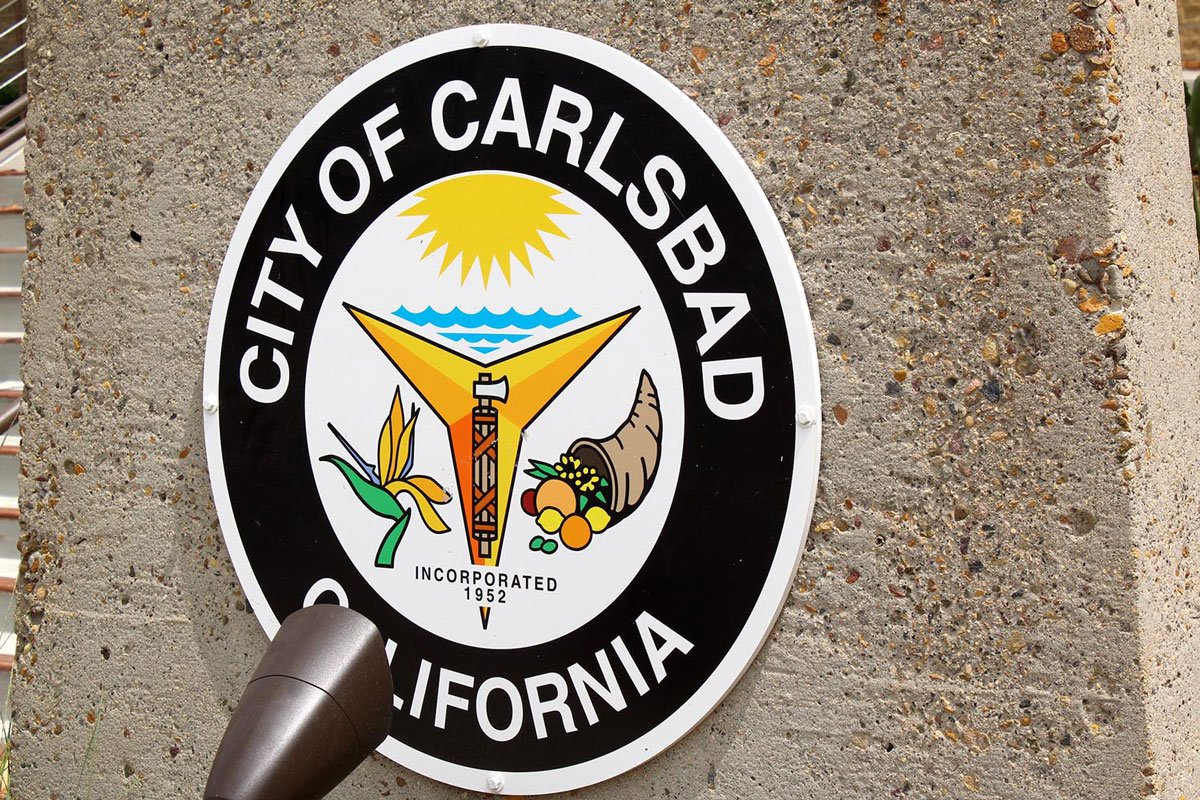CARLSBAD — City facilities will join the Clean Energy Alliance under the default program after the Carlsbad City Council approved the item during its April 13 meeting.
The council set the default program for residents under the Clean Impact Plus model several weeks ago amid controversy. The program, the CEA board and employees say, will deliver 50% renewable and 75% carbon-free energy to customers.
The item was approved 4-0 as Councilmember Cori Schumacher was absent from the meeting.
During the April 13 meeting, Councilmembers Priya Bhat-Patel and Teresa Acosta lobbied for city facilities to fall under the Green Impact for what they say is a 100% renewable power supply. However, there would have been no cost savings, but instead an estimated increase of $56,250.
Councilmember Keith Blackburn took a hard stance against the Green Impact option, echoed by Mayor Matt Hall.
“We selected Clean Impact Plus for the community,” he said. “It’s still technically the community and they are the ones paying the bill.”
Of the three options, the CEA staff estimated cost savings, for the rest of 2021, at $25,000 for the Clean Impact Plus or $37,500 for the Clean Impact program.
The facilities joining the CEA include City Hall, the Faraday Center, The Crossing at Carlsbad Golf Course, the Maerkle Reservoir, Carlsbad Municipal Water District Offices, Alga Norte Community Park and police and fire headquarters, according to Jason Haber, the city’s intergovernmental affairs director.
He added if the city wanted to opt out of the CEA after the 60-day window from the May 1 launch date, there would be an additional fee.
“CEA does not charge customers any fees for opting out, regardless of when the customer requests to opt-out,” said CEA Executive Director Barbara Boswell. “SDG&E does charge customers a ‘re-entry fee’ if a customer opts out more than 60-days after enrolling in a CCA. The current fee is $1.12 per account.”
Bhat-Patel and said the city should push forward in a “bold” direction to be a leader in the region. She said she believes the city could claim environmental credits toward its Climate Action Plan and despite the cost increase, the city could recoup “from other avenues.”
Acosta said the cost increase is not too much as she wants to be part of a clean and green city. Both council members said they hope there is an opportunity to readdress the selection and opt-up at a future date.
“I believe in walking the walk as much as possible,” Acosta said. “I would pay that little extra more, and it’s not a lot, for 100% renewable.”
The CEA, however, came under fire during the City Council’s March 9 meeting where it was announced customers would not save 2% on their total bill, as had been long promoted by the CEA and its advocates. Instead, staff and others said the Community Choice Aggregation program would save 2% on generation costs.
Regardless, the CEA has come up short on those, too. For the Clean Impact program, customers would save just 0.6% and the Clean Impact Plus savings pegged at 0.9%.
As for the Green Impact program, it comes with additional monthly fees of $2.30 and $7.90 for residential and small commercial customers, respectively, according to the March 9 staff report.







